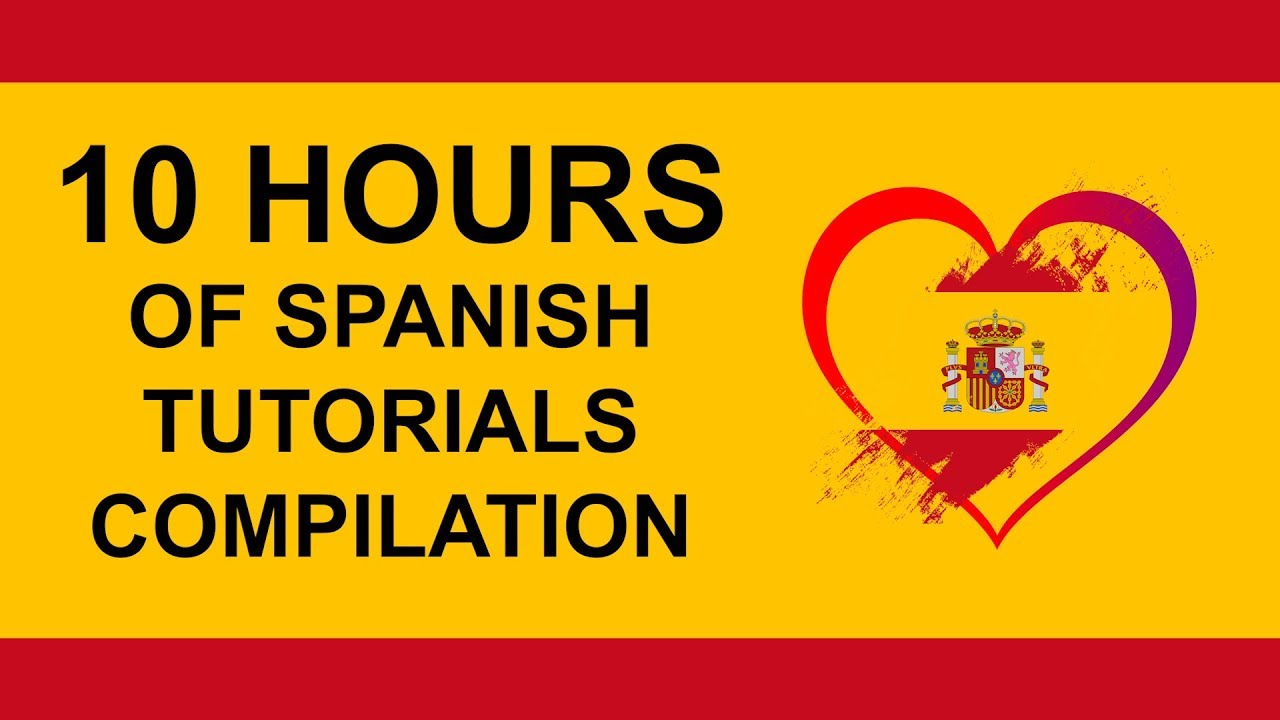Voltaire once said: “Writing is the painting of the voice”. Quite the brilliant man that Voltaire fellow! In previous posts, we’ve mostly talked about listening and reading methods. These two aspects of language learning are all about receiving information; the material is already created and you are simply taking it in. Consuming as much information as possible and including a large amount of input learning in your routine is absolutely essential. But if you ever want to communicate well, language is a two-way street. You also need to be able to create material for yourself and output that new knowledge into the world. It is fascinating to discover how to decrypt a foreign language, but if you truly want to have a fluent conversation, you’ll need to shape sentences and express your ideas and thoughts. No amount of listening or reading will allow you to do that entirely. You need to slowly develop your output language-learning skills. In this post, we will talk about how writing can be an excellent way to do so.
Input and output language learning are closely related; when you work on reading, your writing does get better. However, it is very possible to reach a 90% reading comprehension and still have a hard time maintaining a live conversation. Even though all skills are interconnected, you also need to work on each area specifically. The reason most people struggle with producing material, is that they don’t practice it nearly as much. It’s fairly easy to listen, read and take in the language in lots of ways without changing your life all that much. In order to properly create sentences yourself though, you really need to go out of your way. It does require more effort on your part, especially if your current lifestyle does not involve interactions with people speaking the language you are trying to learn. But using the language for yourself is the most exciting part of your journey.
The main advantage of writing over speaking as an output language-learning method is that the process is much slower. Writing is very closely related to speaking; both require you to think for yourself and to use vocabulary you know to shape your own sentences. Writing however, is like speaking in slow motion. When you are writing, you have more time to think about your words, and you can even look up the right way to say things and words you don’t know. That’s why it can be excellent practice. Plus, there are also lots of written exercises you can do on your own. Now, the obvious downside is that spelling can be very difficult and that you aren’t getting used to voicing the different foreign sounds.
If you’re writing and you don’t know a certain word, you can instantly look it up to fill in what you’re missing. This is a quick way to learn the words that are most relevant to you, because you will see where you struggle. You can also steer your learning where you want it to go. If you are having a hard time with the past tense for example, writing a short story or a diary in the past tense will force you to get better and solve the issue. When speaking, you have less time to focus on these mistakes because you need the conversation to flow. You can’t spend two minutes on a single sentence, unless you find a very patient person to talk to. Talking to yourself or your pet can be great practice though! (side note: I’m not kidding.) Whenever you write something, try correcting your own mistakes as much as you can. It’s also very important to have someone look at your text afterwards. Otherwise, it is easy to repeat the same mistakes over and over again without ever knowing. If it gets corrected the first time, you will be less likely to make that mistake again.
language
1498067545
2017-06-21 17:52:25
6:35
UC7ECfEG_pXDn3mRj80jdjjw
OuinoLanguages
34
0
source

